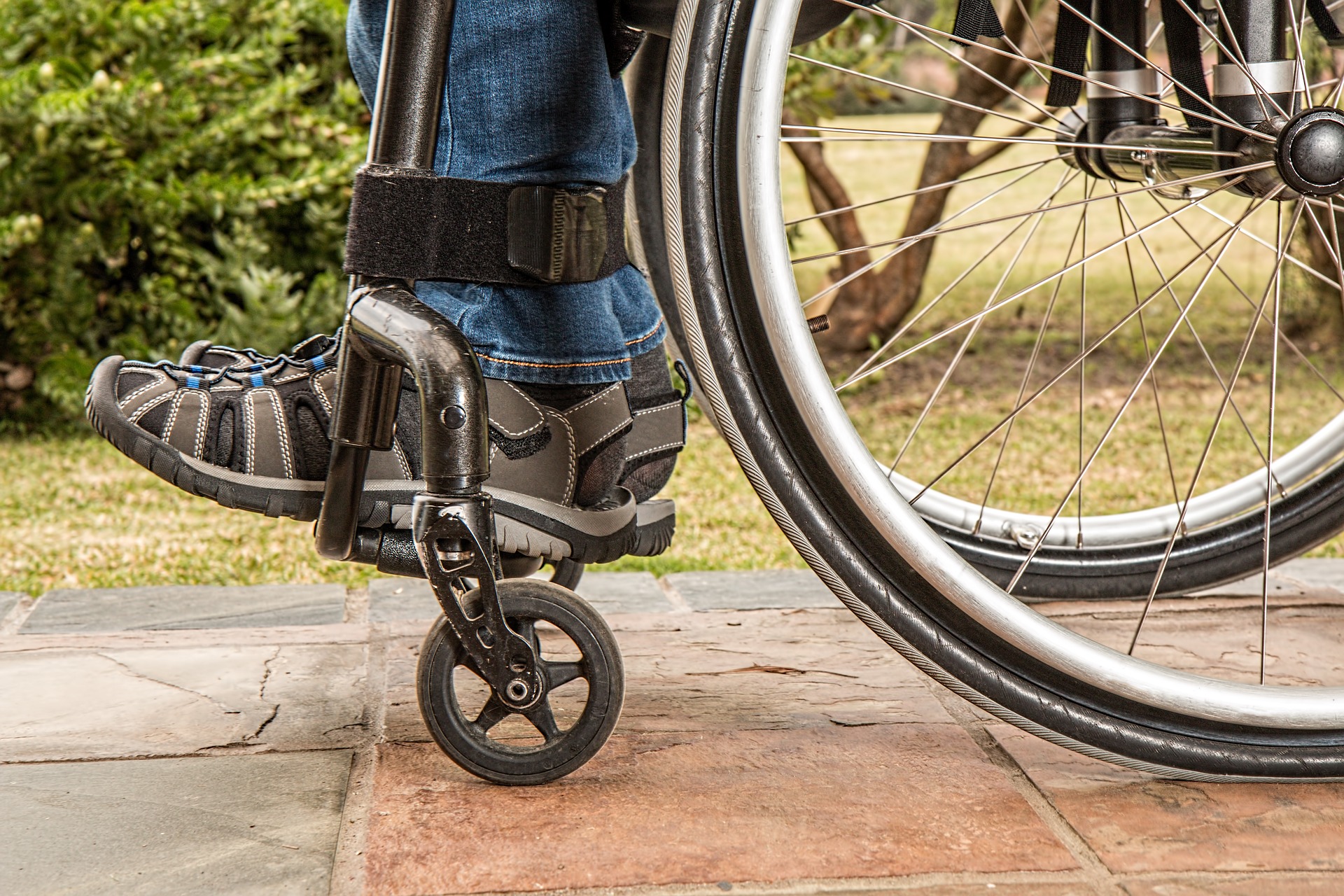With the exception of sleeping in bed, working in a workplace is where we spend most of our time. Accordingly, workplaces should be safe spaces where we can work without the stress (or fear) of worrying about injury. However, workplaces are dangerous: as such, there are many common workplace injuries resulting from unsuitable working environments. If this is the case, you should consider making an injury at work claim.
Some of the most common of these include these four common workplace injuries we list below.
Four Common Workplace Injuries
1. Back Injuries
Back injuries are part of a broader problem, with musculoskeletal disorders resulting from extensive manual work. For instance, heavy lifting and a lack of proper physical training can leave you with pain in your back. Not to mention in your upper limbs, such as your arms and neck.
It can be potentially debilitating and can also leave you unable to work in the future. As a result, you should consider making a work accident claim for these injuries.
You can prevent musculoskeletal disorders by ensuring that you:
- Have adequate training in terms of lifting and carrying;
- Only carry what you physically find comfortable, and;
- That, if office work is the cause, that you adjust your seating arrangement. Thus ensuring that you maintain better posture throughout the day.
2. Asthma
If you are around toxic substances for long periods, this can cause asthma. Asthma is long term breathing condition which can be harmful and lead to dangerous consequences.
Ultimately, it’s a result of the swelling of your airways that make it difficult to breathe; moreover, poor working conditions can accelerate this.
You should follow regulations at all times to ensure that you remain safe in your workplace at all times.
3. Whiplash
Sudden movements that jolt the body and cause injury to define a whiplash accident. Moreover, it’s usually common in car crashes and other incidents involving moving vehicles.
Therefore, no win no fee whiplash claims are common in workplaces which include moving vehicles and often cause injury to the head, neck and shoulder area of your body. Although whiplash injury claims cannot be prevented, you should ensure that you are fully trained to drive the vehicles in question and that you never drive when you are tired or exhausted.
To treat whiplash, you may have to :
- Wear a neck collar;
- Avoid staying in the same position;
- Take painkillers, and;
- Ice down the area often to prevent swelling.
If you’re wondering how much compensation for whiplash you may get, whiplash cases tend to generate between £1,000-£2,000.
4. Hearing Loss
In short, hearing loss is one of the UK’s most significant causes for a workplace injury. Studies show up to 20,000 people suffer industrial hearing loss and subsequently seek hearing loss compensation. Hearing loss claims can be caused by being around loud equipment while at work for long periods. Hearing damage can also include tinnitus, where there is an unusual ringing sound in one or both ears.
To prevent hearing loss, invest in hearing protection such as earmuffs. Or ask to use quieter equipment that damages your ears less. Accordingly, if you believe that you have hearing loss at work, you should make an industrial hearing loss claim. The hearing loss claim time limit, incidentally, is three (3) years, which is common for the majority of personal injury claims.
HONOURABLE MENTIONS: Just a Few More Common Workplace Injuries
To say nothing of the four common injuries above, we don’t want you to leave her short on knowledge. Below are some other injuries in the workplace and accidents a business owner or council will shudder at.
a. Injuries from Slips, Trips and Falls
In general, slip and fall include a variety of different possible incidents. From falling objects to wet floors, it’s actually a fairly common claim we pursue regarding workplace safety and workers compensation.
b. Repetitive Strain Injury
Repetitive motion activity (for instance, using a mouse or keyboard) leave individuals prone to repetitive strain injury (RSI). In short, strained muscles from the demands of such work create difficulties worthy of a claim.
c. Crash and/or Crush Injury
Our last honourable mention requires a bit of personal protective equipment, airbags, and other safety equipment to avoid. Crash injuries or collisions tend to involve accidents and injuries from a road traffic accident (RTA). For more on the subject, check out this post.
If you have a workplace injury and would like to make claims at work to seek compensation, get legal support. Start by contacting a solicitor or advice service that can guide you on how best to navigate the legal processes.



 Injuries and accidents can strike at any time. Knowing the best ways to recover can have a drastic effect on the amount of time that it takes to get back to full health. There are some simple steps that you can take that will help you to not only speed up your recovery time but also make it easier to get injury compensation if someone else was the cause of your injury. If you have been injured at work or in your personal time, then here are the best actions that you can take that can help you recover and regain your pre-injury quality of life.
Injuries and accidents can strike at any time. Knowing the best ways to recover can have a drastic effect on the amount of time that it takes to get back to full health. There are some simple steps that you can take that will help you to not only speed up your recovery time but also make it easier to get injury compensation if someone else was the cause of your injury. If you have been injured at work or in your personal time, then here are the best actions that you can take that can help you recover and regain your pre-injury quality of life. Over the last four decades, cases of workplace accidents and deaths have seen a significant drop. This is largely due to improvements in health and safety guidelines, as well as an intense focus on safety practices by organisations.
Over the last four decades, cases of workplace accidents and deaths have seen a significant drop. This is largely due to improvements in health and safety guidelines, as well as an intense focus on safety practices by organisations.